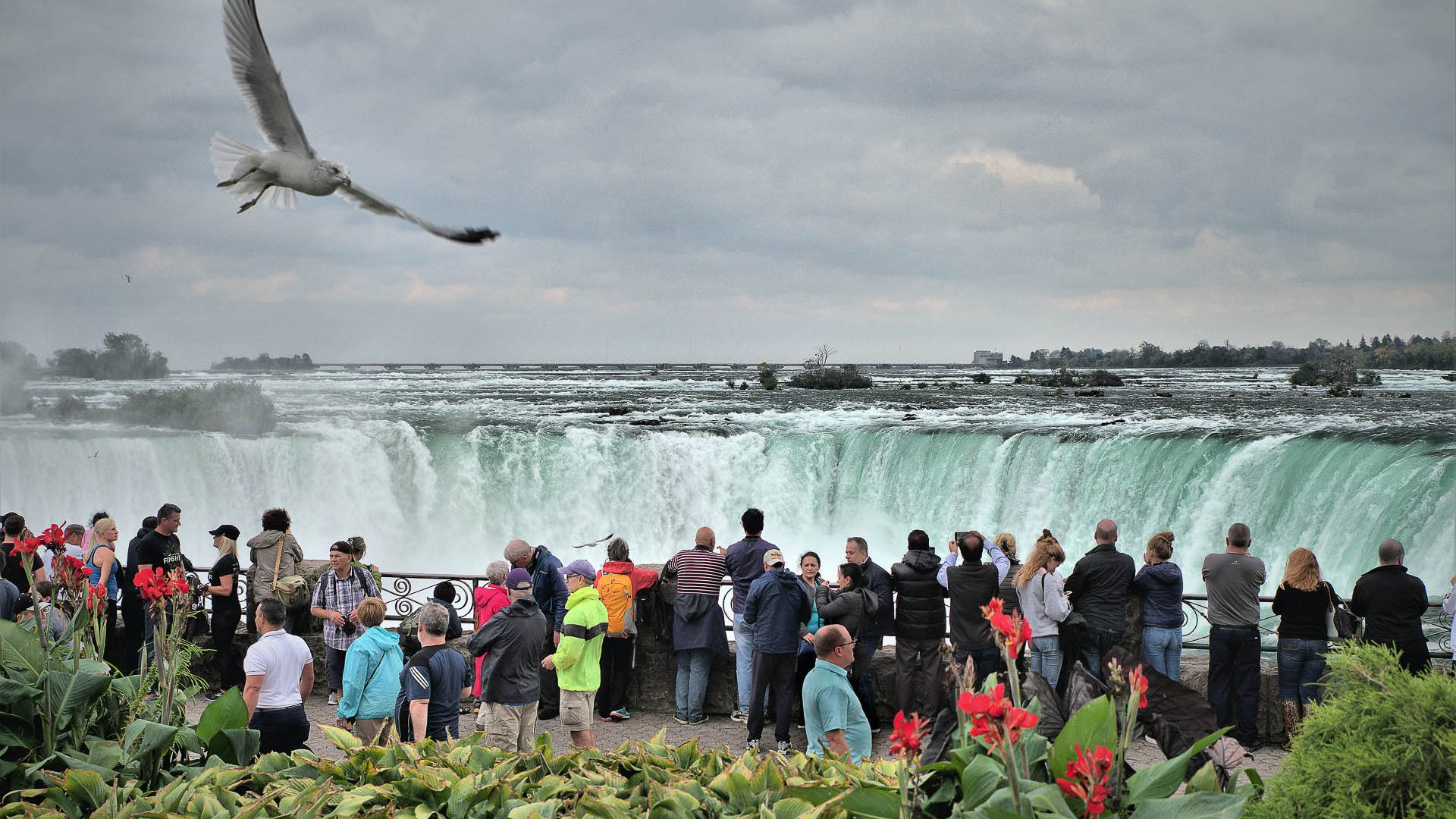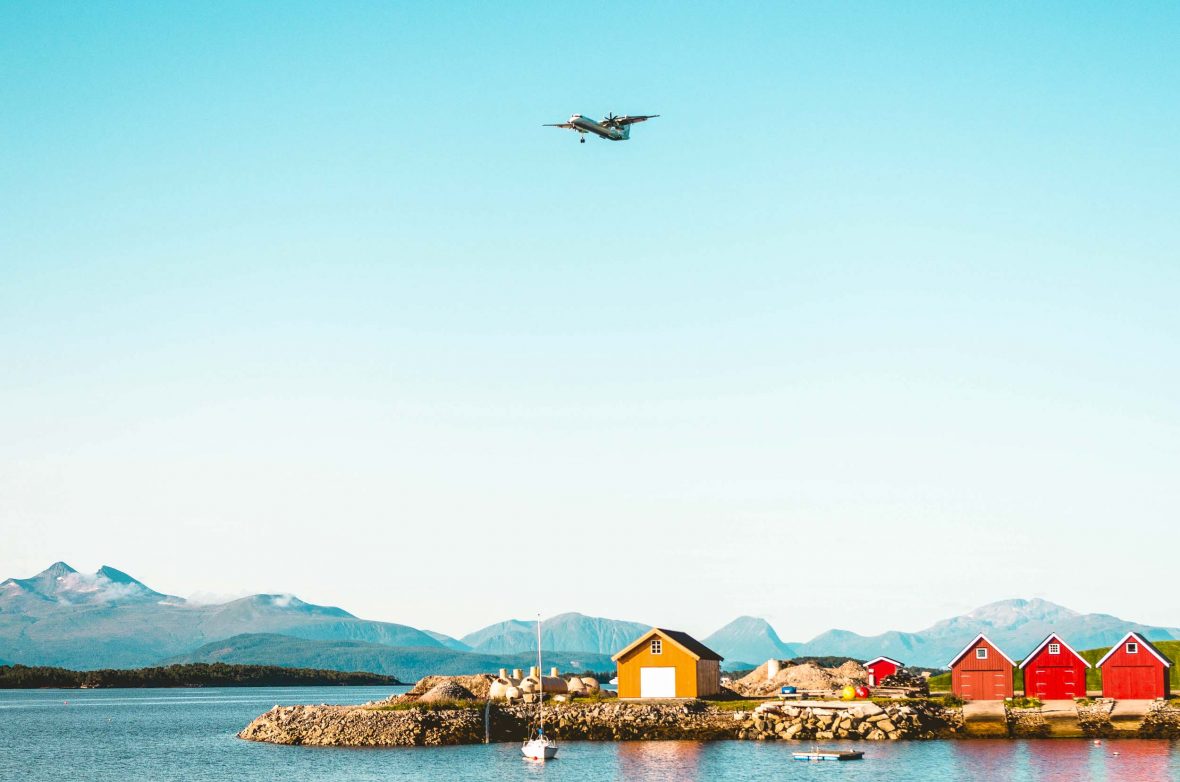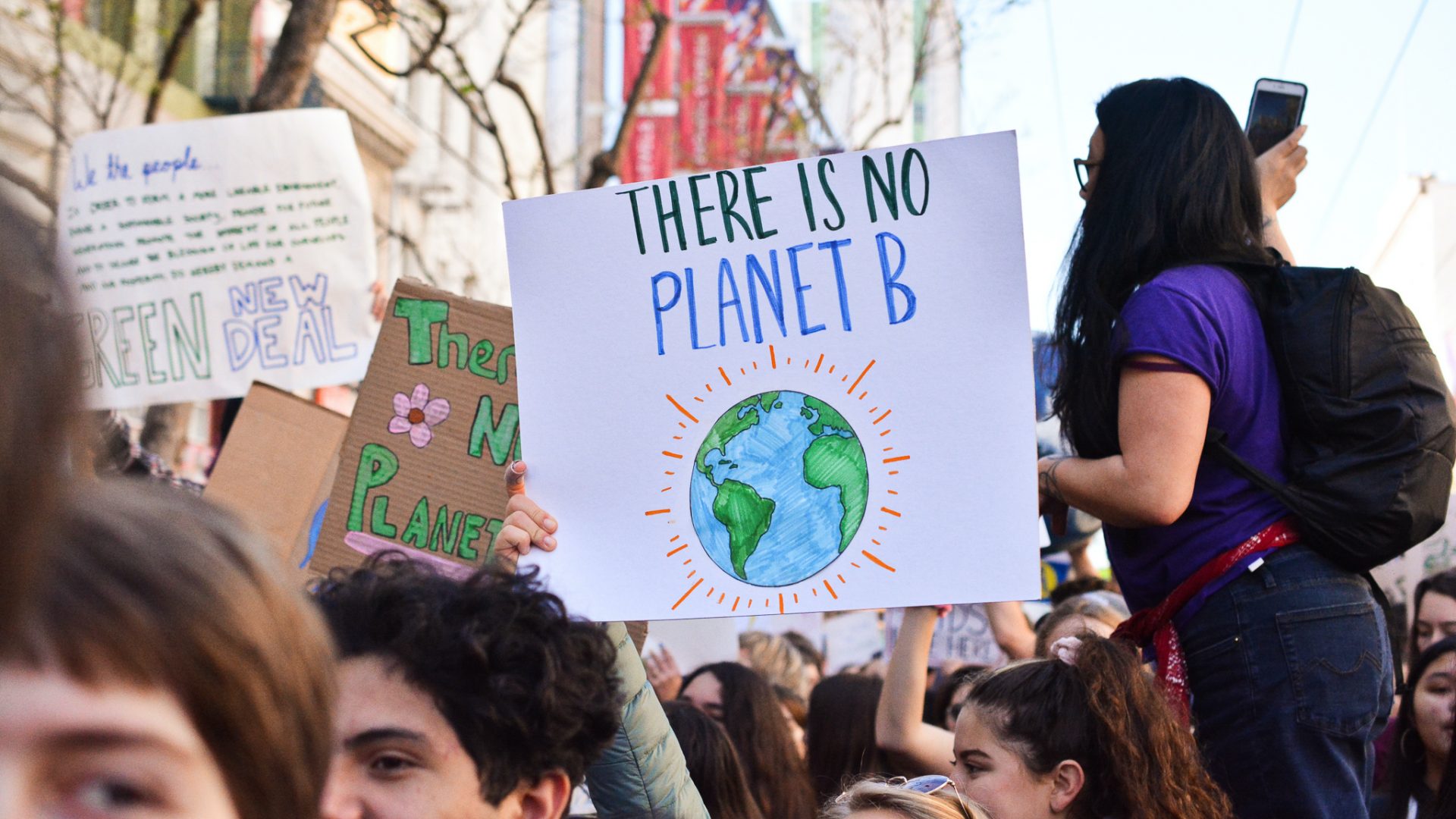
This week at COP26, travel took a stand with the launch of the Glasgow Declaration: A Commitment to a Decade of Tourism Climate Action. Louise Southerden caught up with one of its chief architects, British sustainable tourism writer Jeremy Smith, to get the backstory on this history-making pledge.
It was January 2020 when Jeremy Smith co-founded Tourism Declares a Climate Emergency. Yep, just before COVID-19 slammed on the brakes and made us all stay home for almost two years.
Despite this, or perhaps because of the enforced pause to think about their impacts and align their operations with their values, almost 380 travel companies, organizations and professionals of all kinds, all over the world, signed up to Tourism Declares.
In real terms, the declaration meant signatories were committed to developing their own “climate action plans” to reduce their emissions by half by 2030, in line with guidelines set by the UN’s Intergovernmental Panel on Climate Change (IPCC).
RELATED: Darrell Wade: “The travel industry must turn this climate moment into a climate movement”
Now the UN has picked up the climate action ball and is running with it, in the form of the new Glasgow Declaration launched this week.
It’s “a landmark moment in our industry’s response to the climate emergency,” says Jeremy, who has spent the past six months drafting the declaration with representatives from UK-based charity The Travel Foundation, VisitScotland, the UN World Tourism Organization and the UN Environment Program, with input from more than 30 other tourism organizations around the world.
To find out more, we chatted with Jeremy, who is based in southwest France, about sustainable travel, post-pandemic ’revenge travel’ and what declaring a climate emergency really means.















